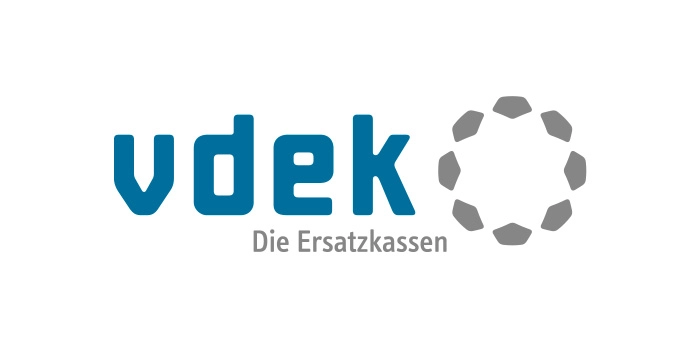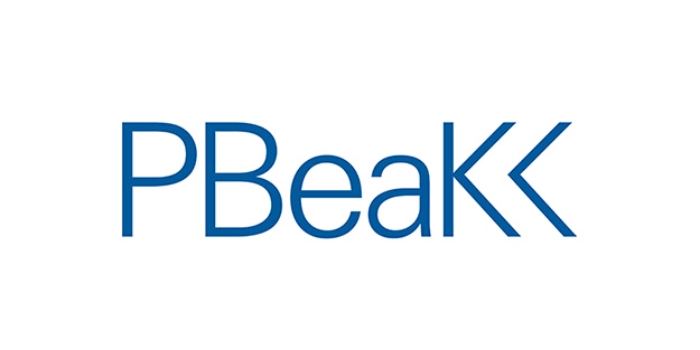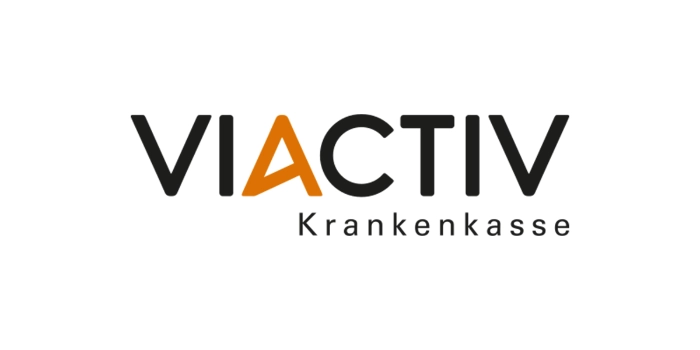

Supply Chain Due Diligence Act
Compliance and purchase requirements of msg
Our measures for compliance with due diligence in terms of the supply chain act
In January 2023, the "Act on Corporate Due Diligence to Prevent Human Rights Violations in Supply Chains" (in short: Supply Chain Act, LkSG) came into force in Germany. It obliges companies to analyze the risks for human rights and environmental protection violations in their supply chains, to take measures to reduce the risks and to report on this.
As an internationally operating company, we are aware of our social and environmental responsibility. We contribute to a sustainable supply chain that upholds human rights by minimizing potential negative effects of our offered services and products for our business partners within the value-added chain. This includes respecting human rights and environmental obligations as defined by the Supply Chain Due Diligence Act.
Discover how we at msg handle the topics of human rights, the environment and compliance in our company and also in our supply chain.
Contact
msg Corporate Social Responsibility
The topic of sustainability has always played a central role at msg throughout the company’s 40-year history. Since 2020, sustainability and corporate social responsibility (CSR) have also been firmly anchored in msg’s corporate strategy –Roadmap 2025.













